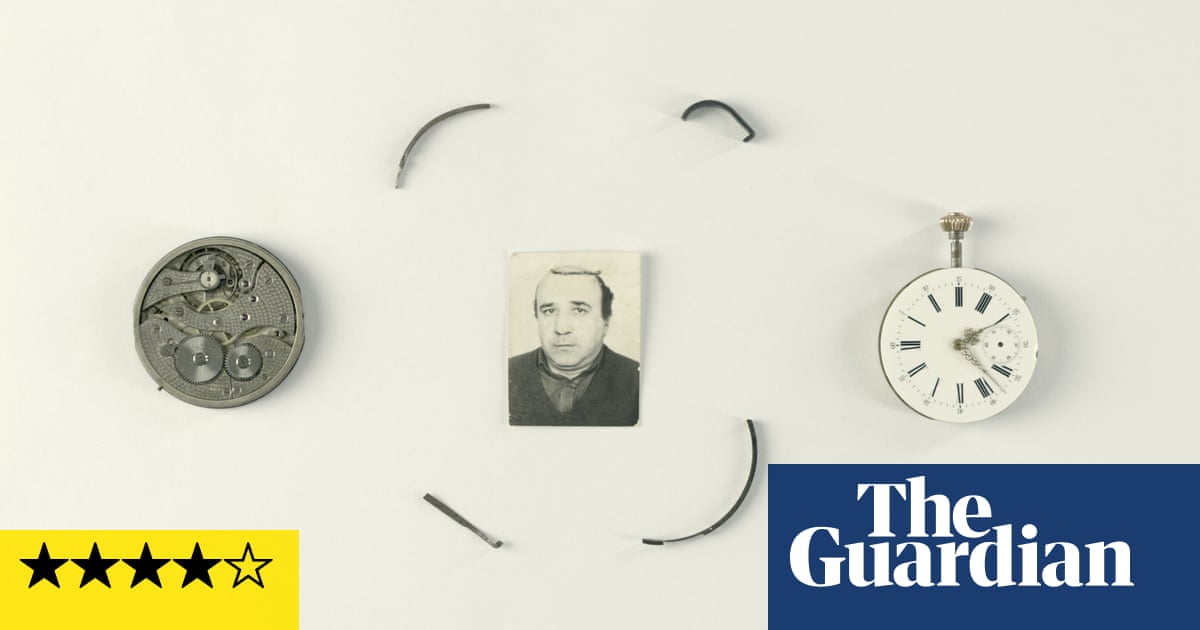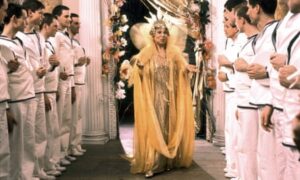
What are the pieces that make up a life? This thorny question lies at the heart of Juan Ignacio Fernández Hoppe’s riveting, emotional documentary, whose structure resembles a detective story. When Hoppe was only eight years old, his father Juan José Fernández died on a lonely beach in the Uruguayan resort town of Salinas. Along with the official authorities, Hoppe’s psychologist mother accepted the cause of death to be drowning, but the film-maker himself has his doubts.
While this death might have been the jumping-off point, Hoppe’s inquiry fascinatingly expands, as it takes in the years that led up to that one fateful night. Against a white background, objects once owned by Hoppe’s father resurface in the film’s opening scenes, their presentation echoing the scene of an archaeological excavation. A rusty key; a piece of crumpled paper; a tape recorder. Each memento offers a fragile clue to Fernández’s final hours: a man with musical talents and ambitions, Hoppe’s father was also plagued by depression, which ultimately led to the breakdown of his marriage and a dependence on prescription drugs.
The traces left behind by Fernández, however, are more than simply physical. Former students of his music therapy course speak of a dedicated teacher, whose inspiring dedication was a stark contrast to the despondent figure remembered by his closest family. There’s a sense that the contours of a person’s character can outsize all of their artefacts. Sometimes the puzzle pieces don’t quite fit.
At one point, a Salinas resident interviewed by Hoppe bluntly points out the fruitlessness of his quest. Such ambivalence, however, is what makes this film a particularly moving and enriching work. Trudging through the muddy currents of the past, Portrait of My Father embraces not so much the possibility of closure, but the reality of not knowing.
Source: theguardian.com

















